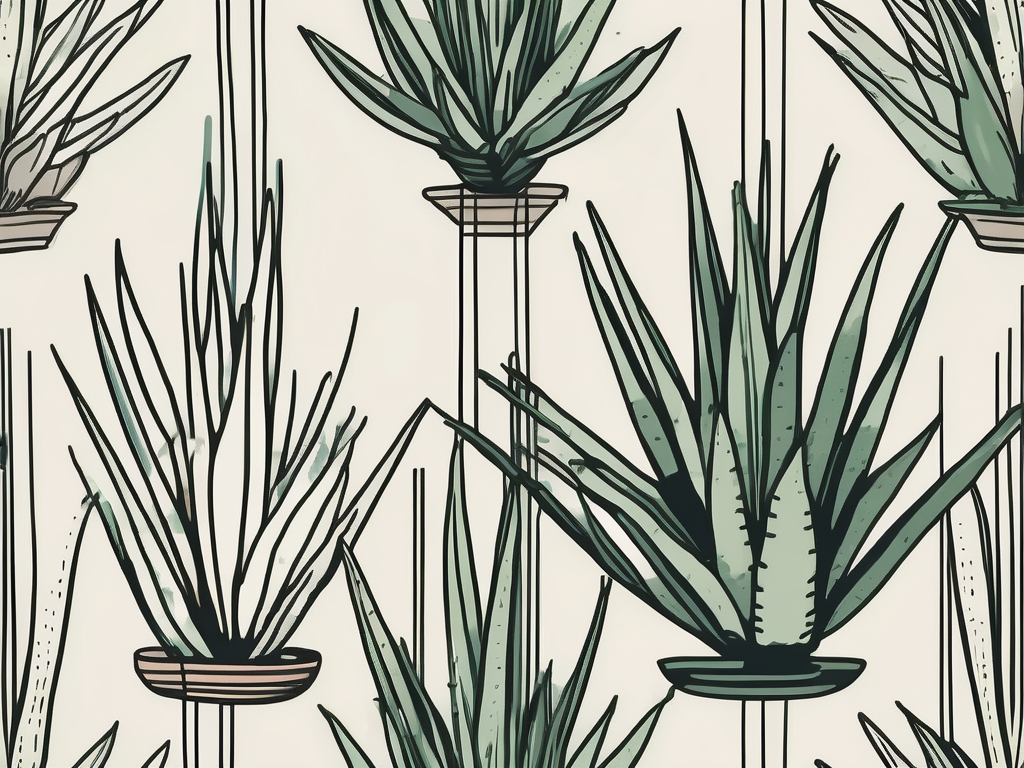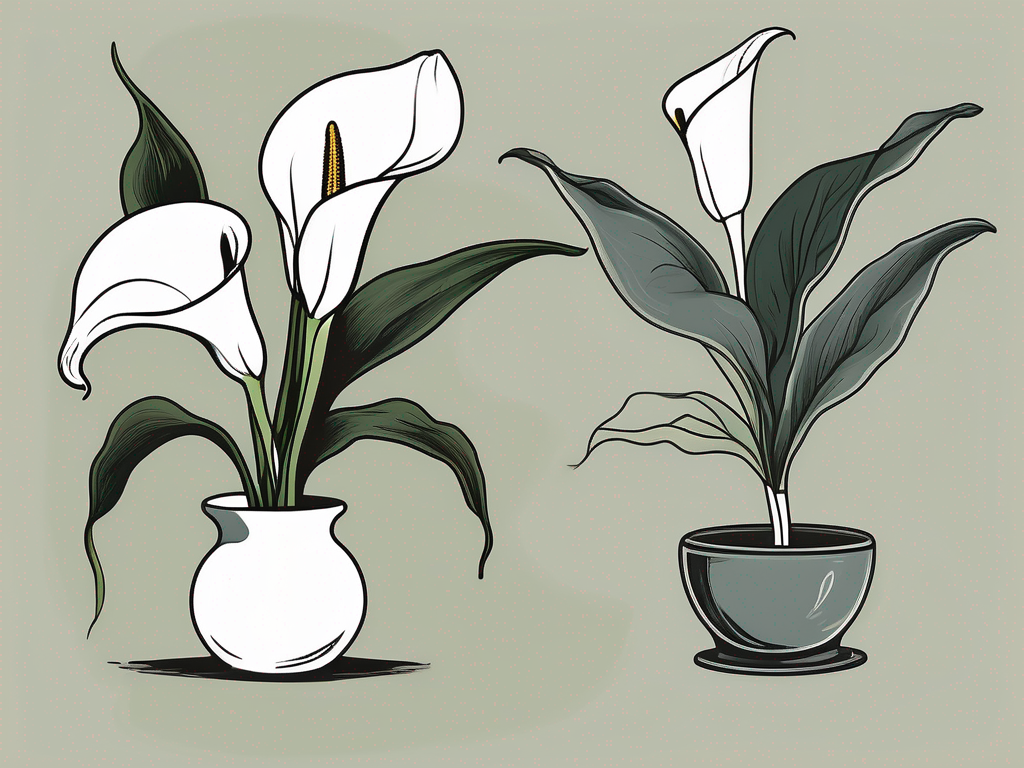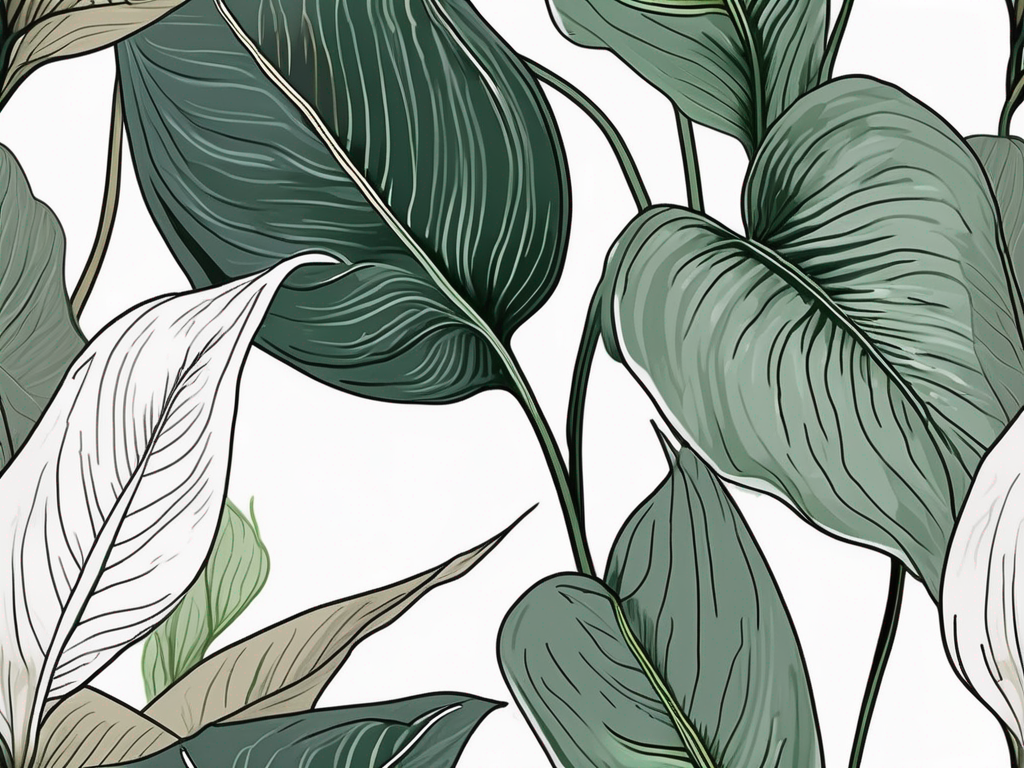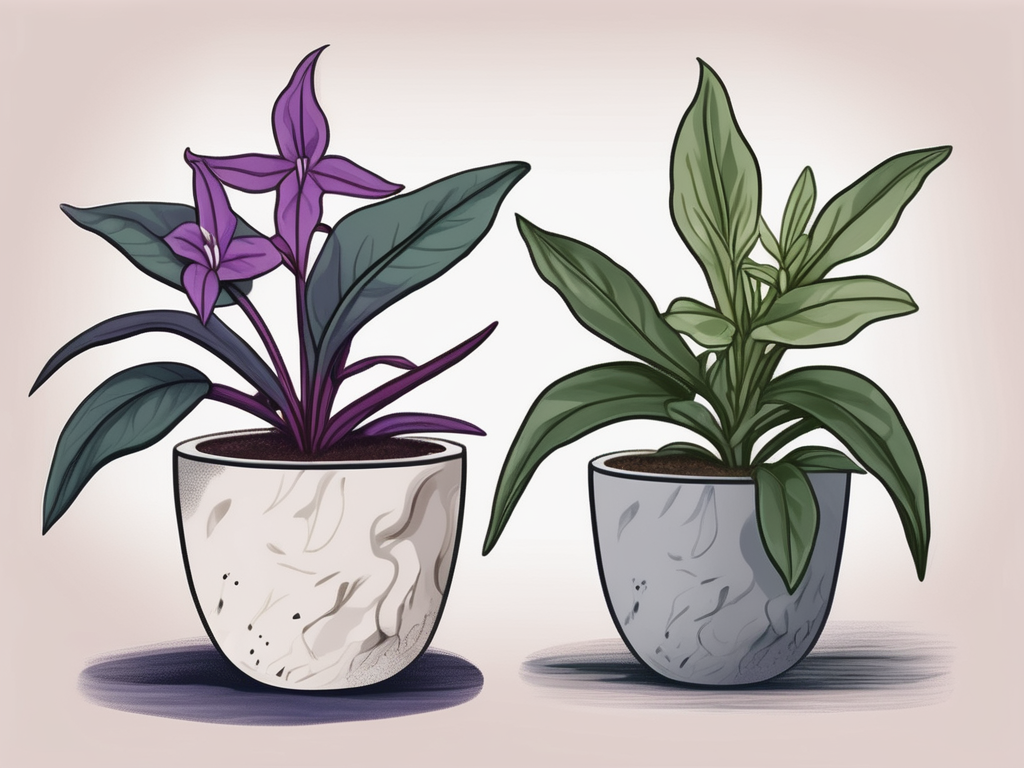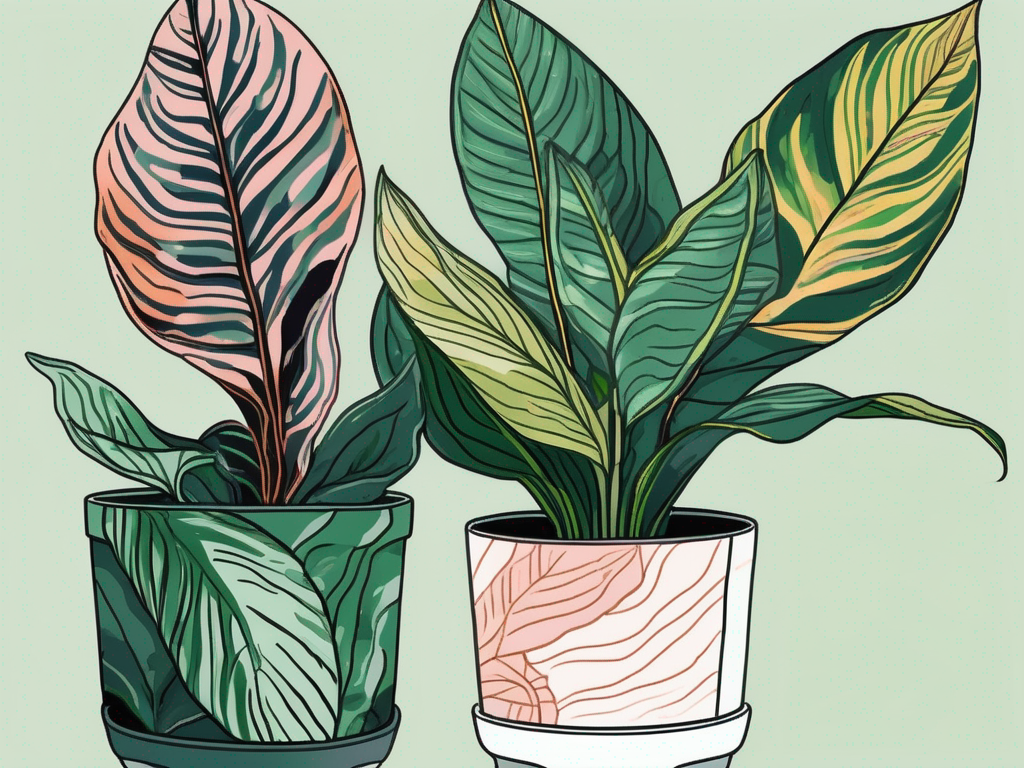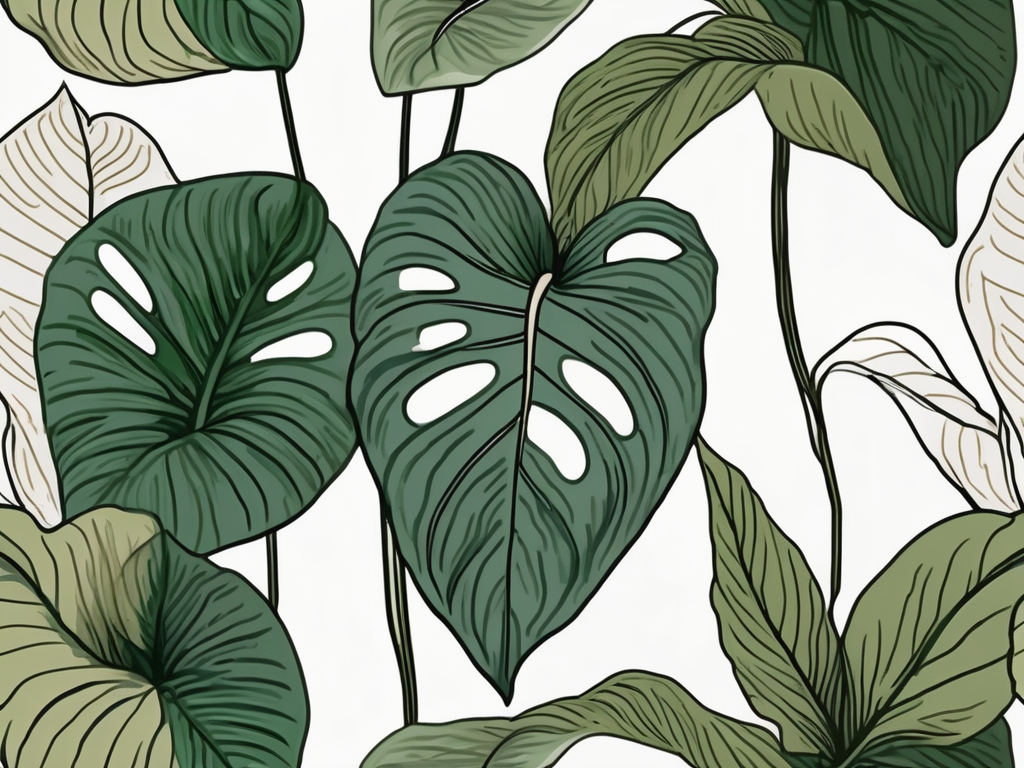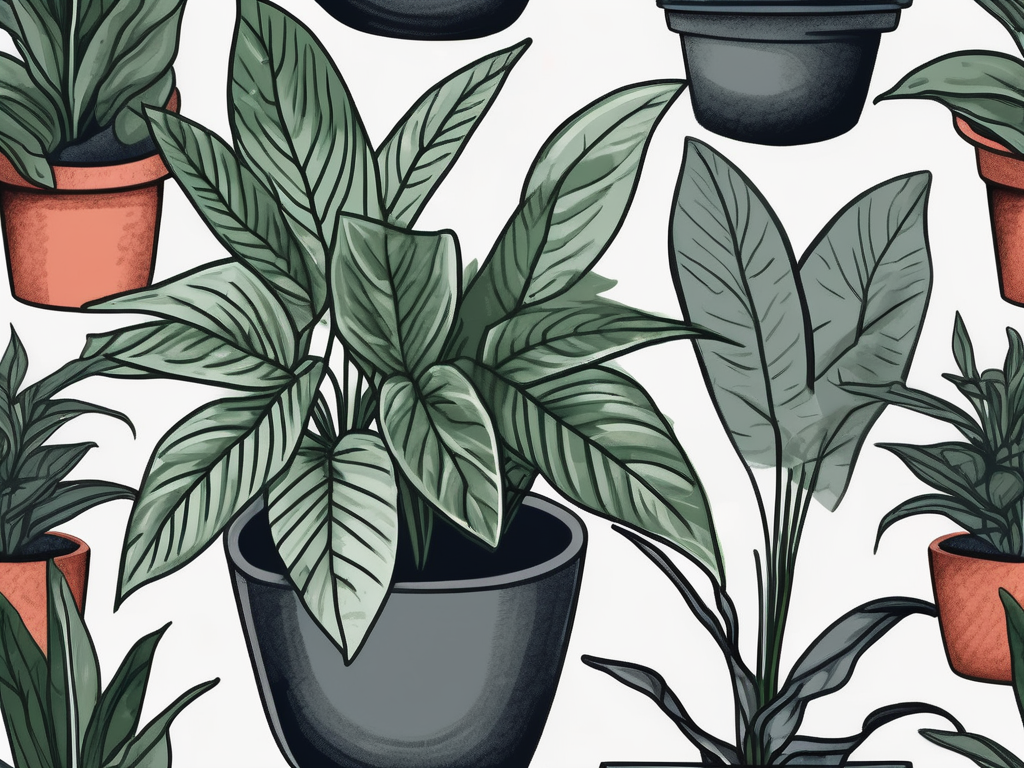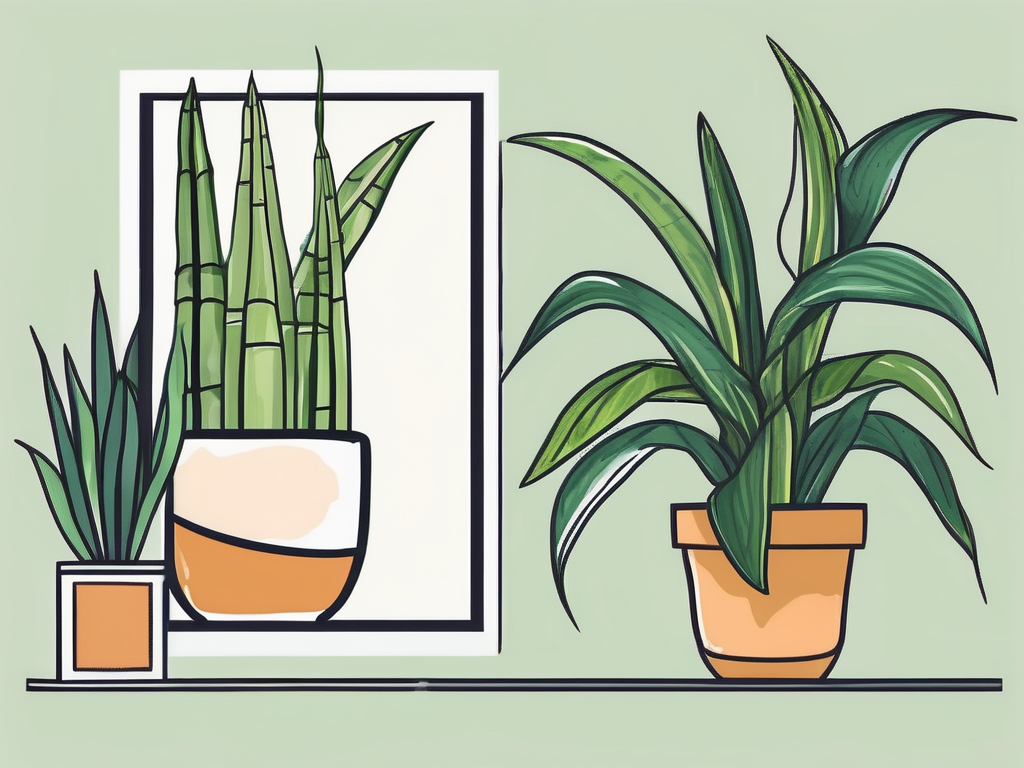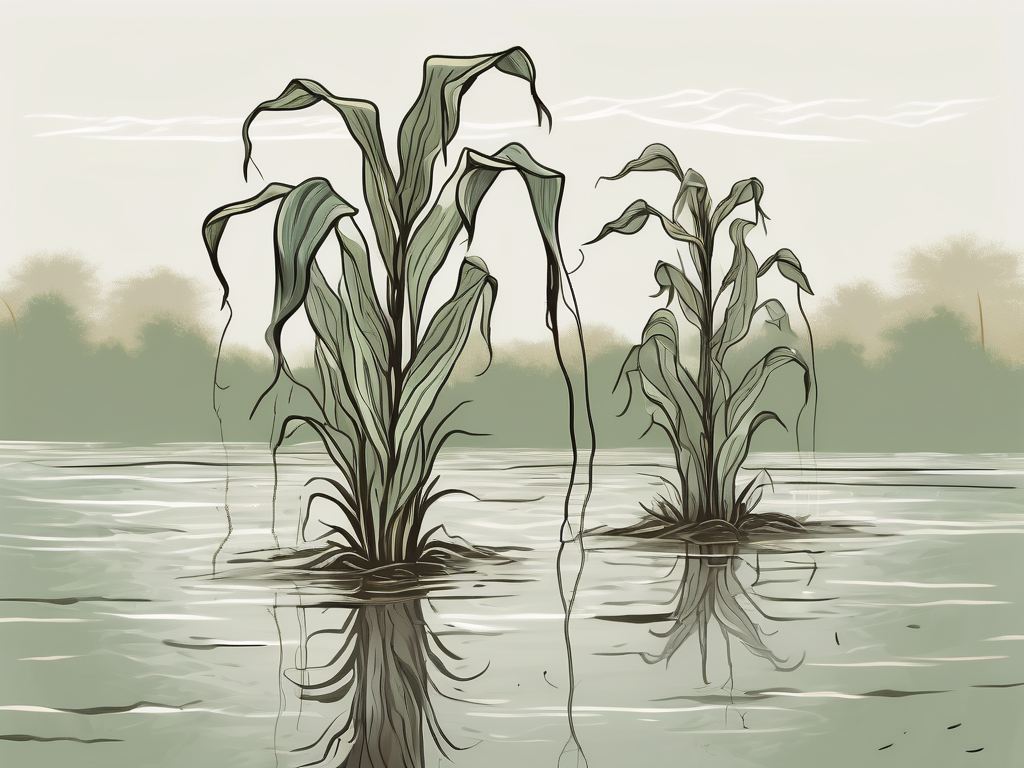
Corn plants are a popular choice among gardeners due to their tall stalks and deliciously sweet kernels. However, like any plant, corn plants are susceptible to various issues that can hinder their growth and jeopardize their overall health. One such problem is overwatering. In this article, we will explore the potential dangers of overwatering your corn plant, how to identify the signs, and the long-term effects it can have. We will also discuss preventive measures and steps to revive an overwatered corn plant.
Understanding Overwatering: What Does it Mean?
Overwatering happens when a plant receives more water than it can effectively absorb or use. While plants need water to survive, providing too much can lead to a host of problems. Waterlogged soil can deprive the corn plant's roots of oxygen, impeding their ability to uptake essential nutrients and causing root rot. Additionally, excess moisture can create an environment conducive to the growth of harmful fungi and bacteria.
When a corn plant is overwatered, it may exhibit visible signs of distress. The leaves may become yellow or wilted, and the plant's overall growth may be stunted. Overwatering can also attract pests, such as fungus gnats, which thrive in damp conditions. These pests can further damage the plant by feeding on its roots or transmitting diseases.
The Science Behind Plant Watering
Water plays a crucial role in a corn plant's life cycle. It supports photosynthesis, the process by which plants convert light energy into chemical energy, enabling growth. However, it's essential to strike a balance. Each corn plant has different water requirements, influenced by factors such as climate, soil type, and stage of growth.
Understanding the science behind plant watering can help gardeners make informed decisions about how much water to provide. The process of transpiration, where water is lost through the plant's leaves, helps regulate the plant's temperature and nutrient uptake. By monitoring the rate of transpiration and considering environmental factors such as humidity and temperature, gardeners can adjust their watering practices accordingly.
How Much Water Does a Corn Plant Really Need?
It is recommended to water corn plants deeply but infrequently. A general guideline is to provide about 1 to 1.5 inches of water per week. However, it's crucial to monitor the moisture levels in the soil to prevent overwatering. Checking the soil's moisture content regularly and adjusting watering accordingly will ensure the corn plants receive the right amount of hydration.
Factors such as rainfall, temperature, and soil composition can affect the corn plant's water needs. During periods of heavy rainfall, gardeners may need to reduce watering frequency to avoid oversaturation. Conversely, during dry spells, additional watering may be necessary to compensate for the lack of natural precipitation.
Understanding the specific water needs of corn plants at different stages of growth is also essential. Young corn plants require more frequent watering to establish their root systems, while mature plants may need less frequent watering as their roots reach deeper into the soil.
Proper watering techniques can also contribute to the overall health and productivity of corn plants. Watering at the base of the plant, directly onto the soil, helps prevent water from splashing onto the leaves. This reduces the risk of fungal diseases and ensures that the water reaches the plant's roots where it is needed most.
In conclusion, overwatering can have detrimental effects on corn plants. By understanding the science behind plant watering and monitoring moisture levels in the soil, gardeners can provide the right amount of water to support healthy growth. Adjusting watering practices based on environmental factors and the plant's stage of growth will help ensure the success of corn plants in any garden.
Identifying the Signs of Overwatering in Corn Plants
Recognizing the signs of overwatering is vital to address the issue promptly and avoid long-term damage to your corn plants.
Physical Symptoms in Your Corn Plant
Overwatered corn plants may display physical symptoms such as yellowing of leaves, wilting, and a droopy appearance. The leaves may also feel soft and mushy to the touch.
Changes in Growth and Development
Stunted growth, reduced vigor, and poor root development are common indicators of overwatering. The plants may also experience delayed flowering and fruiting, affecting overall crop yield.
The Long-Term Effects of Overwatering on Corn Plants
Overwatering can have significant consequences for the long-term health and productivity of corn plants.
Impact on Plant Health and Lifespan
Excessive moisture can lead to root decay, which compromises the plant's ability to absorb nutrients and water efficiently. This can weaken the corn plant's immune system, making it more susceptible to diseases and pests. In severe cases, overwatering can even lead to the death of the plant.
Effects on Crop Yield and Quality
Overwatering can reduce the quality and quantity of the corn crop. It can result in poor kernel development, reduced sweetness, and increased susceptibility to fungal infections.
Preventing Overwatering: Best Practices for Corn Plant Care
Keeping your corn plants healthy is essential in preventing overwatering and its detrimental effects. Here are some best practices:
Watering Techniques for Healthy Corn Plants
Instead of shallow watering, deeply soak the soil around the corn plants. This encourages the roots to grow deeper, making them more efficient at absorbing nutrients and water. It's also important to allow the soil to dry out slightly between watering sessions.
Tools and Techniques to Monitor Water Levels
Investing in a moisture meter or using your finger to check soil moisture levels can help you determine when to water your corn plants. These tools allow you to avoid guesswork and ensure you are providing the right amount of water, neither too much nor too little.
Correcting Overwatering: Steps to Revive Your Corn Plant
If you've discovered that you have been overwatering your corn plants, don't despair. There are steps you can take to revive them.
Immediate Actions to Counteract Overwatering
First, stop watering the plants until the soil has had a chance to dry out. You can also gently loosen the soil around the roots to improve aeration and drainage. Additionally, consider relocating your corn plants to a sunnier spot with well-draining soil.
Long-Term Care Strategies for Overwatered Corn Plants
To nurse your overwatered corn plants back to health, adjust your watering schedule to ensure the soil doesn't become waterlogged again. Prune any damaged or diseased parts of the plant, and provide a balanced fertilizer to support recovery. Monitoring the plants closely and promptly addressing any issues will facilitate their gradual improvement.
In conclusion, overwatering your corn plants can have severe consequences on their growth, health, and productivity. By understanding the signs of overwatering and implementing preventive measures, you can ensure your corn plants thrive. If you find yourself dealing with overwatered corn plants, take immediate steps to rectify the situation. With proper care and attention, your corn plants will bounce back, providing you with a bountiful harvest of delicious corn.

